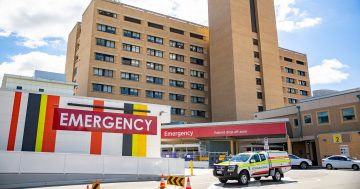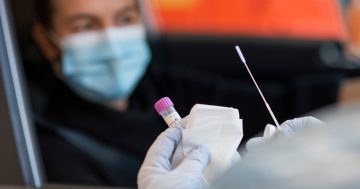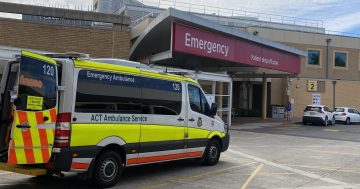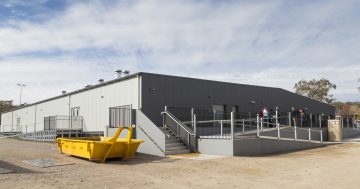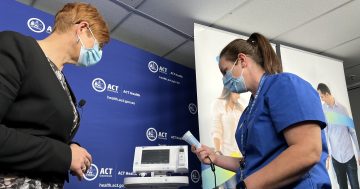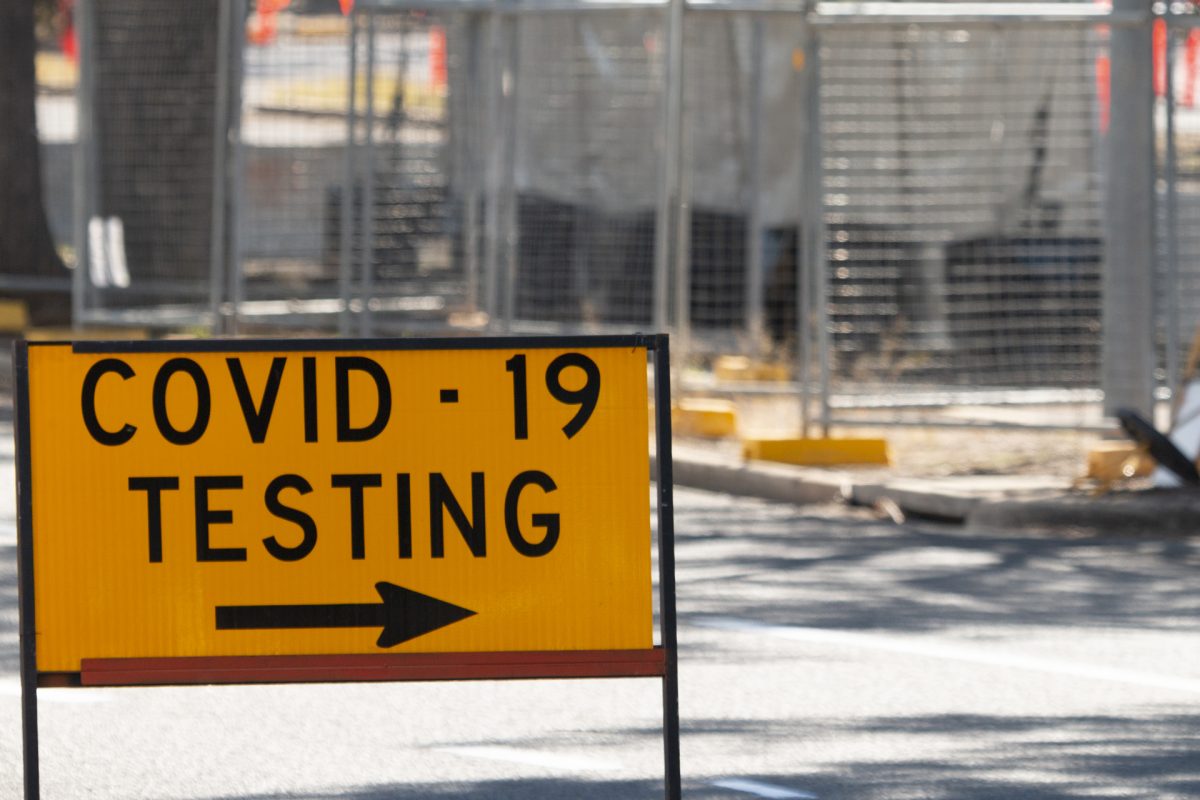
The Territory government is reconsidering the role PCR testing plays as COVID-19 cases remain low. Photo: Region.
The ACT recorded 791 COVID-19 infections (403 PCR and 388 RAT) and no pandemic-related deaths from 8 to 15 September.
The low caseloads come as the ACT Government flags winding back PCR testing services due to a drop in demand.
There are now 465 known active infections in the Territory, and 204,397 cases have been reported since March 2020.
In the week covered by Health’s epidemiological report, 11 per cent of cases were repeat infections – up on 8.4 per cent in the previous week.
Hospitalisations have also fallen. There are now 76 people in hospital with the virus, with one person in the ICU requiring ventilation.
Of the Territory’s five to 15 population, 77.7 per cent have received two doses of vaccine; 78.2 per cent of those aged 16 and over have received three doses; 58.6 per cent of those aged 50 and over have received four doses.
ACT Health’s detailed weekly epidemiological report for 5 to 11 September showed the seven-day rolling case mean falling to 105 to 130 cases a day, its lowest for the year.
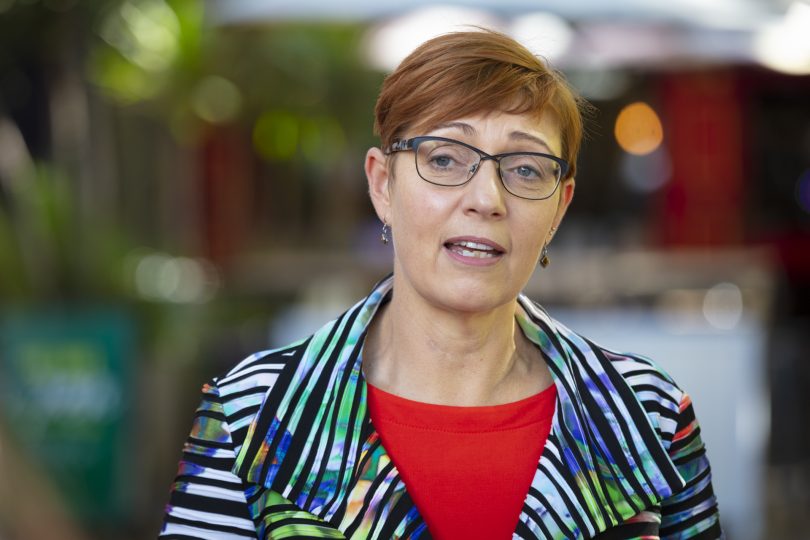
Minister for Health Rachel Stephen-Smith told reporters yesterday that demand for PCR testing had dropped dramatically. Photo: Thomas Lucraft.
Health Minister Rachel Stephen-Smith said work was ongoing to determine what role PCR testing would play as the COVID-19 situation remained stable in the Territory.
Demand for PCR testing had dropped in recent weeks, Ms Stephen-Smith said, and the tests were expensive.
Interstate, some jurisdictions had restricted access to people at high risk of severe illness due to COVID-19.
But the Health Minister indicated the government would keep some free testing available on the Northside and Southside, likely with reduced opening hours.
“We’re considering how much public PCR testing we need to be available to our community,” she said.
The future of the Garran COVID-19 centre – which was also experiencing a drop-off in demand – was also up for discussion.
The ACT’s public health emergency declaration is due to finish at the end of this month. After this date, Ms Stephen-Smith signalled that the government will put a COVID-19 management declaration in place.
That “fit-for-purpose” legislation allows the government to continue making some public health directions once the emergency comes to an end. For example, the Minister for Health can regulate gatherings, mandate face masks and check-ins, and record-keeping requirements.
The Chief Health Officer will also be able to direct positive cases and their close contacts to quarantine or isolate, but the government wouldn’t be able to impose lockdowns or order businesses to cease activity completely.
The bill has a sunset clause of 18 months.
The ACT has been in a public health emergency for exactly two-and-a-half years today, since 16 March 2020. That emergency declaration could be reinstated if necessary.
According to the World Health Organisation earlier this week (14 September), the pandemic’s end “could be in sight”.
Interstate, NSW recorded 17,229 new cases (10,162 RAT and 7067 PCR) and 115 people died with the virus.
There are now 1290 COVID-19 patients in the state’s hospitals and 29 people in ICU.
Victoria’s weekly COVID-19 update has yet to be published today.












